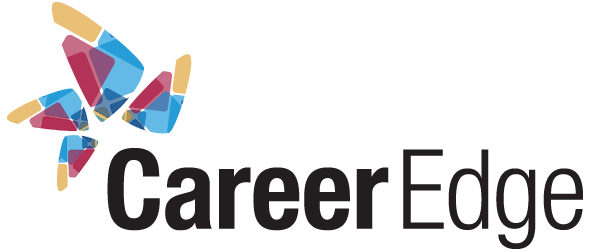It’s a time to promote and advance inclusion and accessibility for all.
Approximately one year ago, Honourable Carla Qualtrough declared the week starting on the last Monday of May as the time to recognize the potential that Canada’s diversity holds.
“As Canada’s first Minister responsible for Persons with Disabilities, I believe that our country’s diversity is our strength – and when we include people with disabilities, we create a stronger Canada for everyone.”
National AccessAbility Week celebrates the contributions of Canadians with disabilities and recognizes the efforts of all individuals and groups actively eliminating barriers.
With the second annual National AccessAbility Week (May 28 to June 3) approaching, it’s important to highlight how we can all contribute by providing Canadians of all abilities with an equal opportunity to participate and succeed.
Leo Luk, senior recruiter at Career Edge who specializes in screening and assisting jobseekers with disabilities, says, “Nowadays, more people with invisible disabilities are disclosing that they have a disability, so employers need to consider approaching recruitment differently. Accommodations can be as simple as speaking more clearly or slowly, or allowing candidates to take notes, and other minor adjustments. Unfortunately, many employers have misconceptions around the cost of accommodations, thinking they may be expensive or financially prohibitive. Employers should consider new and innovative ways to provide accommodations for people with disabilities, or simply ask the person what they need to succeed. If not, they may miss out on great talent!”

Leo Luk, senior recruiter
According to Canadian Business SenseAbility, Canada’s national, bilingual business network committed to assisting private- and public-sector organizations to become more accessible and inclusive of people with disabilities, approximately one in five Canadians has a disability.
Florence Chapman, CEO at SenseAbility, says, “Committing to an inclusive workplace that welcomes the talents of people with disabilities enables better workplace engagement, innovation and a competitive business advantage in attracting new customers and investors. From a business perspective, when you consider the annual disposable income of people with disabilities and their family and friends at over C$360 billion, why isn’t your organization making accessibility and inclusion a priority? Being inclusive and removing barriers to succeed benefits everyone!”
Did You Know: Four years ago, Statistics Canada reported that the employment rate of Canadians aged 25 to 64 with disabilities in 2011 was 30 per cent below the employment rate for Canadians without a disability.

